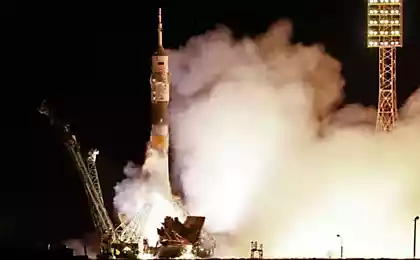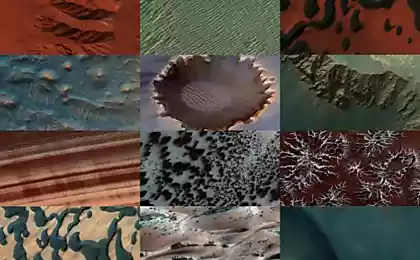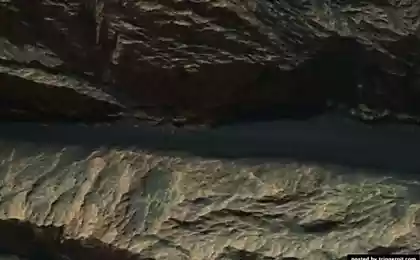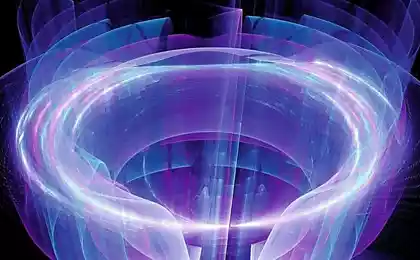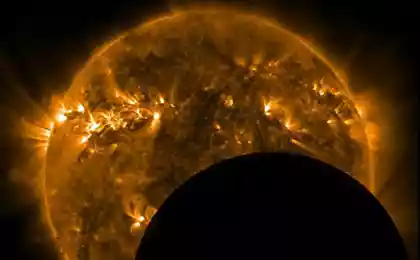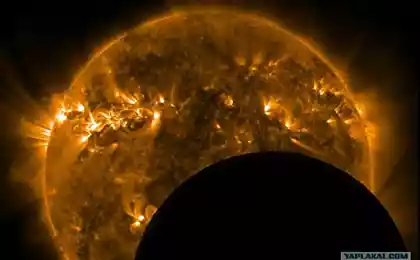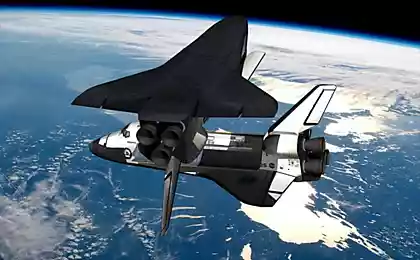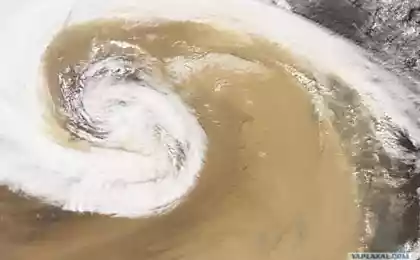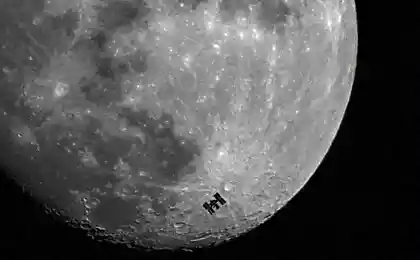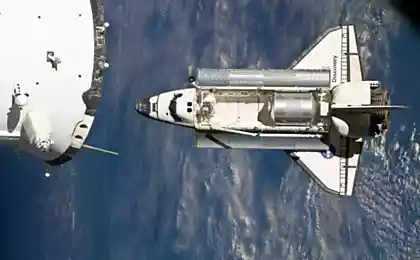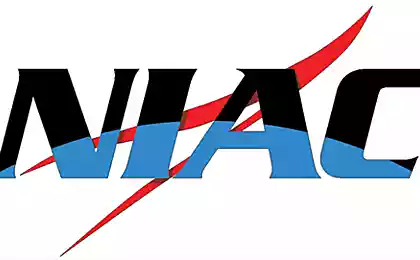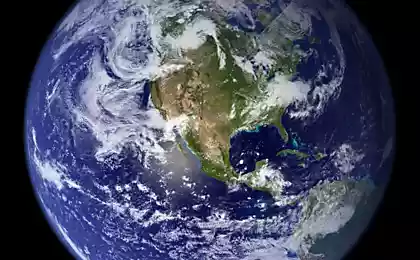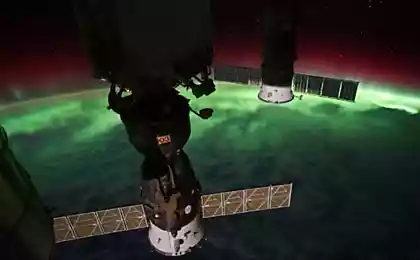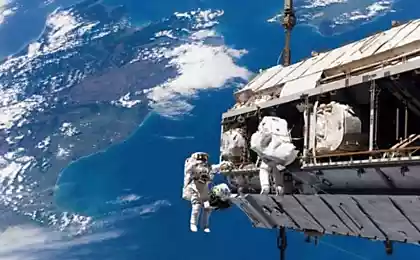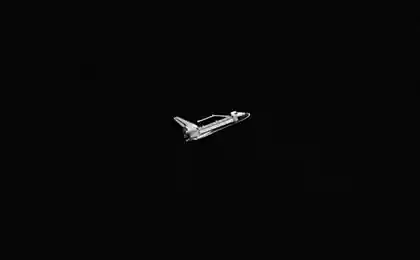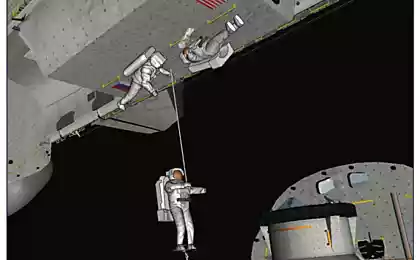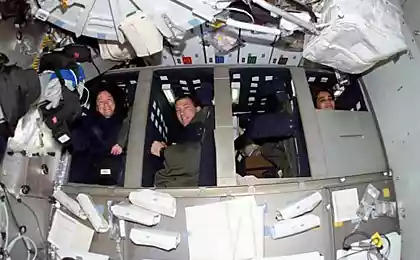1332
In NASA created a group are looking for a new scientific work for them on board the ISS
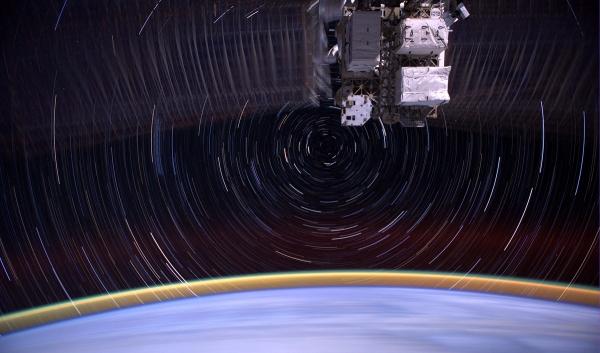
Center for the Advancement of Science in Space (CASIS) NASA was founded in 2011 to manage the development of the US National Laboratories on the space station, and maximize the use of available funds, while the operational launch of the orbiting laboratory scheduled only in 2020.
Starting in June, CASIS will begin accepting application for research scientific works, which, subsequently, will fly to the space station. These works will explore osteoporosis, worsening of muscular strength in zero gravity, immune system responses to various viruses, protein crystallization and development of various vaccines in the microgravity environment.
"The advantage that gives us the space station is that it is already in orbit, and its vast resources for research in microgravity," told reporters Alan Stern of the Southwest Research Institute in Boulder, Colorado, via video conference call, at the 28th National Space Symposium in Colorado Springs, Colorado.
Certain topics Life Sciences has been investigated as a result of more than 135 experiments that NASAprovodilo in space over the past decade. Group The CASIS Biological Sciences Review was established, headed by Timothy Iitmenom, interim chief scientist CASIS.
"The identified areas of research will be to act as a starting point, but, ultimately, project area will be expanded," said Jim Royston, Interim Head of CASIS. The aim of the project is to rely on the results of previous studies, to encourage innovation and commercialization apply in the process of learning.
On board the International Space Station, as a rule, are always six astronauts. Number of scientific research conducted aboard the station depends on the actual size of the team and the astronauts usually divide their time between research and daily maintenance of the station.
Now that the construction of the space station has been completed, CASIS seeks to maximize the use of resources only for research.
It was first detected light reflected from the solar system is super-Earths
The picture of the distant future solar system as an example of detected white dwarfs
